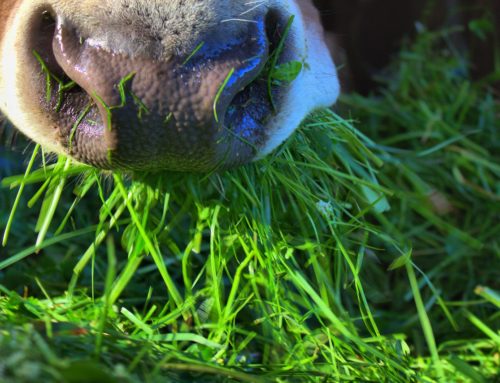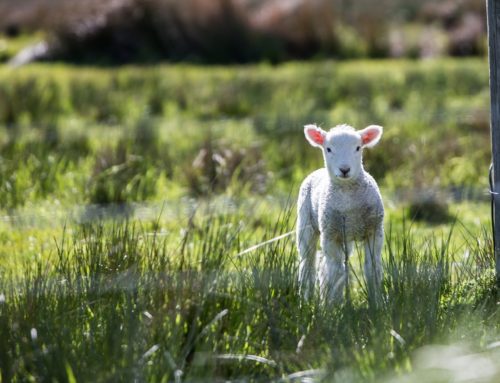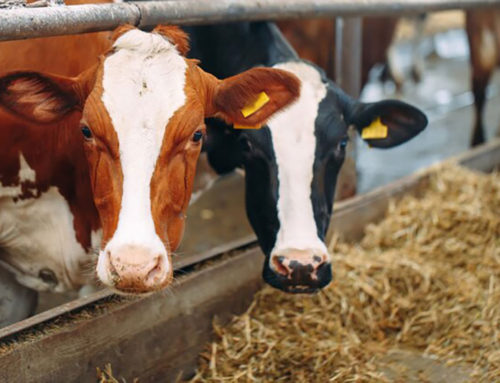( Dirk Philipp, University of Arkansas )
Forage management has always been the foundation of successful livestock operations in Arkansas and elsewhere, and keeping a close eye on those forages in drought conditions is fundamental to that success.
Johnsongrass, a good quality forage found widely throughout Arkansas, offers its own challenges in such conditions, said John Jennings, Professor of Forage for the University of Arkansas System Division of Agriculture.
“When it becomes stressed from drought, johnsongrass can produce prussic acid — also known as hydrocyanic acid — or can accumulate nitrate, both of which are very toxic to livestock,” Jennings said.
Other grasses, such as sorghum or Sudan, including haygrazer, green graze, Sudex, and sudangrass, can also develop prussic acid and accumulate nitrate. Jennings said it’s important for growers to be able to identify the differences in these toxins, and how toxicity levels may be measured.
Prussic Acid
“It’s difficult to predict how much prussic acid toxin may be present in the forage,” Jennings said. “There are no reliable field or routine laboratory for measuring toxic levels of prussic acid in forage. Lab tests can confirm prussic acid poisoning for dead animals, but the amount of toxin that results in death hasn’t been established for any routine tests, and field testing is not available.”
What is known is this: Hydrocyanic acid (HCN), or prussic acid, is generally found in stressed johnsongrass or sorghum, and is formed by enzymatic action on compounds called cyanogenetic glucosides.
When these compounds are broken down in the rumen of cattle, the cyanide is absorbed and combines with the hemoglobin in the bloodstream. This prevents the red blood cells from releasing oxygen to the body tissues, and suffocation occurs. One diagnostic symptom of prussic acid poisoning is bright red blood since it is full of trapped oxygen. Prussic acid poisoning occurs rapidly with affected animals dying in the field.
Read more: https://www.drovers.com/article/knowing-symptoms-prussic-acid-nitrates-key-johnsongrass-care




